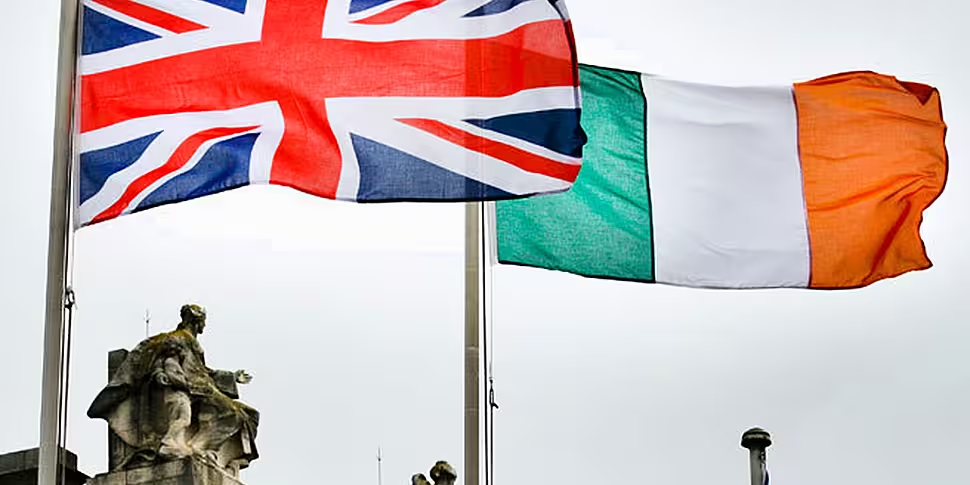New analysis from Davy has found that uncertainty over the coming Brexit vote in the UK has started to hurt the British economy.
The report warns of the impact that a slowdown would have on the Irish economy, it notes that in the past a 1% cut in GDP in the UK has led to a 0.3% drop in Ireland.
Davy economist Conall Mac Coille points to a number of worrying indicators which signal that the vote is affecting economic activity such as a growing body of research which shows that consumer and business confidence have dipped as the future becomes clouded by the in/out referendum.
"In the short term, uncertainty surrounding the outcome of the Brexit referendum could persuade UK households and companies to put off spending decisions until after the vote on June 23rd," Mr Mac Coille said.
"Indeed, UK consumer and business confidence surveys fell back in January and February, and the depreciation of sterling has shown that investors are more reluctant to hold UK assets," he continued.
Irish implications
The report notes that while the Irish economy has become less reliant on the UK the country is still exposed to fluctuations across the Irish Sea and changes in currency values.
"As price-takers, Irish exporters have tended to absorb exchange rate movements into their profit margins in order to maintain output," Davy notes.
“While severe trade disruption would only occur in the worst-case Brexit scenarios, the key risk for Ireland is that productivity and trend UK GDP growth are hurt over the long term by an exit from the EU.”
Under the Lisbon treaty, current trade agreements between the UK and the EU will stay in place for two years if the UK leaves.
The report lays out the best and worst case scenarios:
"In the event of a Brexit, our view is that an arrangement similar to that with Switzerland is likely, maintaining single market access, albeit with some limited autonomy for the UK on migration. This should limit the impact on Ireland, but it would probably require an extension of the two-year negotiating period.
"The worst-case scenario is Brexit without a free-trade agreement. UK manufacturing exports to the EU would be subject to an average 4.6% tariff, with retaliatory measures on Irish and EU exports."









